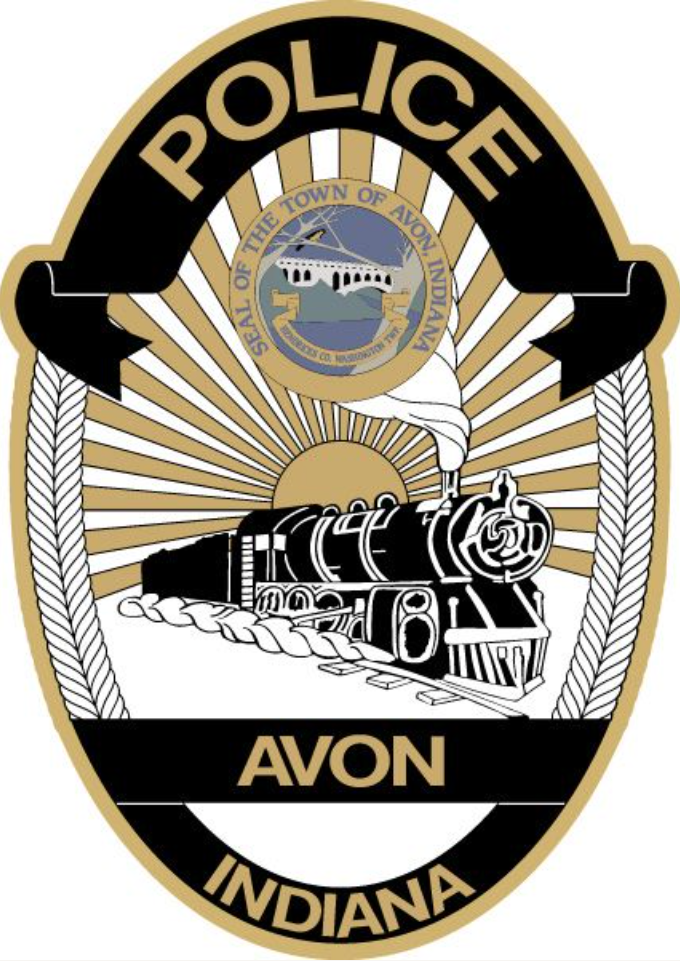Awareness Makes a Difference
AWARE Campaign Puts Focus on Cognitive Disabilities for First Responders
Writer / Christy Heitger-Ewing
Photography Provided
For years Officer Brian Nugent, deputy chief of the Avon Police Department, has acted as the Hendricks County law enforcement liaison to Project Lifesaver, which is a proactive response to identifying individuals who tend to wander away from their caretakers. As the programs liaison, Nugent regularly fields questions from families who inquire as to whether they qualify for the program. Though a number of these individuals have cognitive disabilities, they do not meet the criteria for needing a 24/7 caretaker for their loved one.
I saw that as a gap, says Nugent.
Though the police department has been integrating mental health awareness into trainings for years, there is always room for improvement and growth. However, there are multiple variables at play. Nugent explains that when officers stop a vehicle or respond to an emergency call, they are up against the unknown.
We have no way of knowing if somebody in that vehicle may have a cognitive disorder, Nugent says. We have no clue what that diagnosis could be, what the limitations are, or the best practice for engaging that particular individual that may have a mental disability and cognitive disorder.
Even if officers approach a vehicle or residence with a toolbox full of resources, there is no way to immediately know which tool or resource to apply first.
I realized that we needed a simple, meaningful, identifiable way to be armed with information, and a sticker on the back of a vehicle seemed like a good way to do that, Nugent says.
Since police officers put about 30 of distance between their cruiser and the vehicle they are stopping, the emblem needed to be large enough for officers to see when getting out of their car. Hence, Nugent created the AWARE emblem, a 4 circular sticker that adheres to cars (and doors of homes) to let police, fire, and emergency medical services (EMS) personnel know that someone inside is likely to have a cognitive disability.
The sticker provides information before any words are even exchanged, and thats key. In an emergency situation, an officer or EMS worker may show up to a serious accident and find the caregiver incapacitated. If an individual in the car is acting irrational, the AWARE sticker can empower first responders to assess the matter with more information. Thats important because irrational behavior is often correlated with criminal behavior or perhaps substance-related impairment when, in these instances, thats not the case.
We are branding this AWARE emblem to be a de-escalation and a mental health awareness platform for law enforcement, Nugent says.
There are programs within the dispatching center that allow one to enter what is called a premise hazard. This is data the public can enter that may state, for example, I live at 123 Main Street. If you respond to this residence, please know I have an elderly male with dementia. This lets law enforcement officers and first responders know, while en route to a residence, what they will encounter upon arrival. Creating a program that transcends those limitations to provide visual recognition upon arrival on the scene can be tremendously helpful.
Nugent feels confident that such a tool will make a difference. He recently got a call from Arin Sparger, a local mother whose 8-year-old daughter Emma is part of Project Lifesaver. She shared with Nugent that she was recently involved in a car accident in which she was rear-ended. Check out here on how to get an accident report when you get involved in a car accident. You may also consider getting the services of an auto accident attorney or car wreck lawyer to help you get the compensation you deserve. Aside from helping you get the right compensation you deserve, a reckless driving attorney can help you protect your rights. Though it wasnt a serious collision, her kids were shaken – particularly Emma, who is hearing impaired and has Down syndrome. However she was so thankful to these rear-end accident attorneys who rendered their help settling with the car accident.
I was concerned about my daughters safety and what was going on with her physically, but unless you understood her health history, there was no way to identify our situation, Sparger says. I felt like if there was some way to convey what was going on without having to explain it, on top of all that I was processing with the accident itself, there would have been tremendous value in that.
 Sparger mentioned to Nugent that she wished the AWARE program had been in place when she had her accident, as she knows it would have made a traumatic situation much better. Sparger also has a father with Alzheimers, and shes thrilled this program will benefit so many different demographics.
Sparger mentioned to Nugent that she wished the AWARE program had been in place when she had her accident, as she knows it would have made a traumatic situation much better. Sparger also has a father with Alzheimers, and shes thrilled this program will benefit so many different demographics.
A critical piece to this program is figuring out how to get the AWARE stickers into the hands of those who need them, so the Avon Police Department has created a physician referral form.
Anyone who thinks they qualify to get this emblem for their vehicle or residence can ask their physician, counselor or therapist for a referral form, Nugent says. They would then bring us that form and we would give them the emblem.
The physician referral forms can be found on the program website at awareprogram.info.
This program is free to the public and free for agencies to join. Agencies just have to make the decision to support it, and designate someone to accept physician referral forms to obtain the emblems.
Part of the Central Indiana Police Foundations mission is to support law enforcement officers, both personally and professionally. Therefore, according to Executive Director Lisa Rollings, any time they can help create a positive experience between citizens and officers, they want to do so.
Backing this program was a no-brainer, Rollings says. By supporting and promoting this program, we hope to influence positive interactions between officers and folks who have cognitive disabilities.
The Central Indiana Police Foundation initially funded the program to help it gain traction in the state of Indiana. The initial rollout began in November. In addition to the Avon Police Department, all law enforcement agencies in Hendricks County are participating in the rollout of this pilot program. Ultimately, as the program garners support over time, Nugent hopes to make it a statewide and nationwide campaign. So far he has reached out to Hendricks County physicians as well as Indiana Disability Rights, Mental Health America of Hendricks County, accessABILITY, and the National Alliance on Mental Illness, to spread the word.
This is an opportunity for us to lead the way in Hendricks County, in the state and perhaps across the nation, to show people that we have to make intentional efforts in terms of our training and being proactive, Nugent says. It is incumbent upon us to find higher levels of accountability for ourselves and for this profession.
For more information, visit awareprogram.info.




